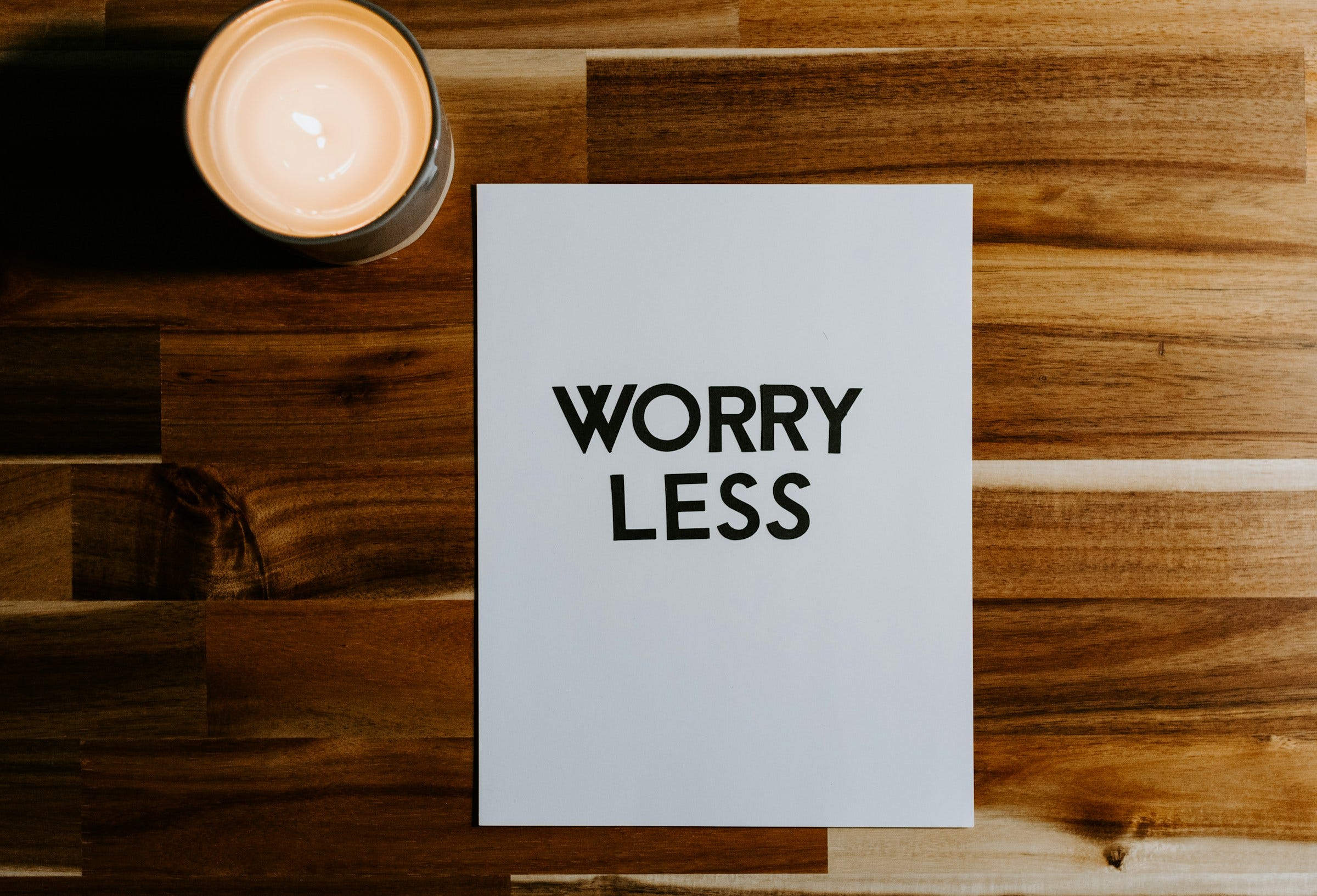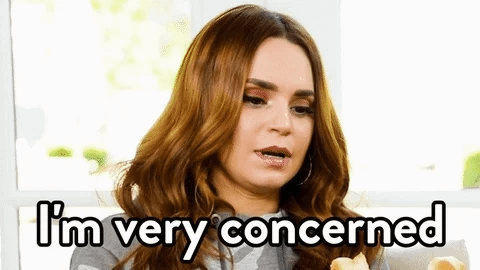Consider the Opposite of What You're Worried AboutAre you a worrier? Try reframing situations to worry about the opposite of your initial concern.“Doing things” survey: I'm thinking of making a course all about doing things—basically, purposeful productivity, or productivity for those of us who identify as neurodivergent. I'd love to get your answers to 3 questions if you have a moment. All info will be kept confidential. 🔒 “Don’t worry” is one of the most unhelpful things to tell someone who’s worried about something. Do you think they want to be worried? Do you imagine they enjoy it? Okay, maybe they might. But not usually! While it’s true that worrying can come with secondary gains—and perhaps some people do like to worry—here I’m speaking to those of us who don’t like worrying to excess. We also know that some amount of worry or fear exists as a form of protection. If you’re in a truly dangerous situation, simply ignoring your instincts (and therefore not worrying at all) isn’t usually the best response. But leaving aside those examples, the more common scenario is that excessive worry is a limiting behavior. Worry holds us back or keeps us stuck. Worry prevents us from making positive changes. We remain with what’s comfortable, even if it’s less than ideal, because the unknown is … worrisome. (And no one ever says, I wish I’d made that change later.) So here is a partial solution, or at least here is something I have learned to do as a person who worries a lot. Rather than tell myself not to worry (see opening paragraph for why this doesn’t work), I try to consider the potential harm or downside of the OPPOSITE concern. In other words: If I don’t do the thing I’m worried about—or if the thing I’m worried about doesn’t come to pass—what would happen then? Example 1: The Job InterviewImagine you are going for a job interview. Lots of things to worry about there. The overthinking is strong. Will you present well? Will you make a good impression? After all that, will you get the job? These are all reasonable concerns, or at least they aren’t abnormal. So now let’s consider the opposing scenarios.
(Alternatively: worrying that you’re unprepared could help you to prepare more.) As you can see, the appropriate next step is to proceed with confidence to the interview and do your best. You might still worry, but perhaps you’ll worry less. Example 2: Fear of Failure or RejectionOften, what we’re worried about is the fear of failure or rejection. The counter-worry to these things is unknown information—the “what if” scenarios that are impossible to establish without nudging yourself forward in the hero’s journey. For me at least, the unknown information is a powerful motivator. What if I fail? That would be bad. What if I don’t try? That would be even worse. To simplify even further:
This reframing process doesn’t always help—but often it does. For every worry, there is a counter-worry. If you’re struggling with one, introduce the other to your decision-making process and see what happens. See Also
Conversation Starters1. What are you worried about right now? 2. Isn’t it helpful when people tell you not to worry? Just kidding of course it isn’t. 3. A time you worried about something too little. 4. What words do you often misspell? For me: entrepreneur, phenomenon, and occasionally. (And yes, I have been writing the word entrepreneur almost every day for 20 years.)
You're currently a free subscriber to 🌻 A Year of Mental Health. For the full experience, upgrade your subscription. |
Wednesday, January 31, 2024
Consider the Opposite of What You're Worried About
Subscribe to:
Post Comments (Atom)
-
insidecroydon posted: " Become a Patron! What's on inside Croydon: Click here for the latest events listing...



No comments:
Post a Comment